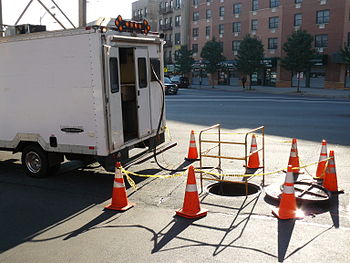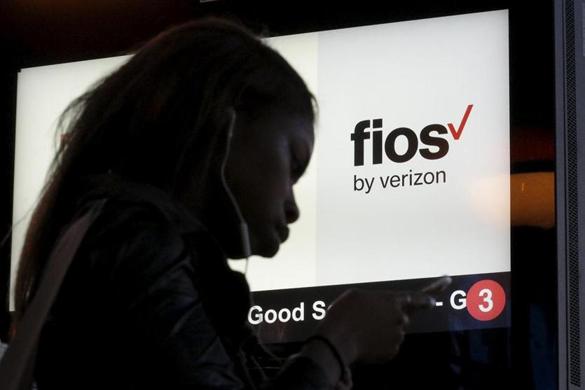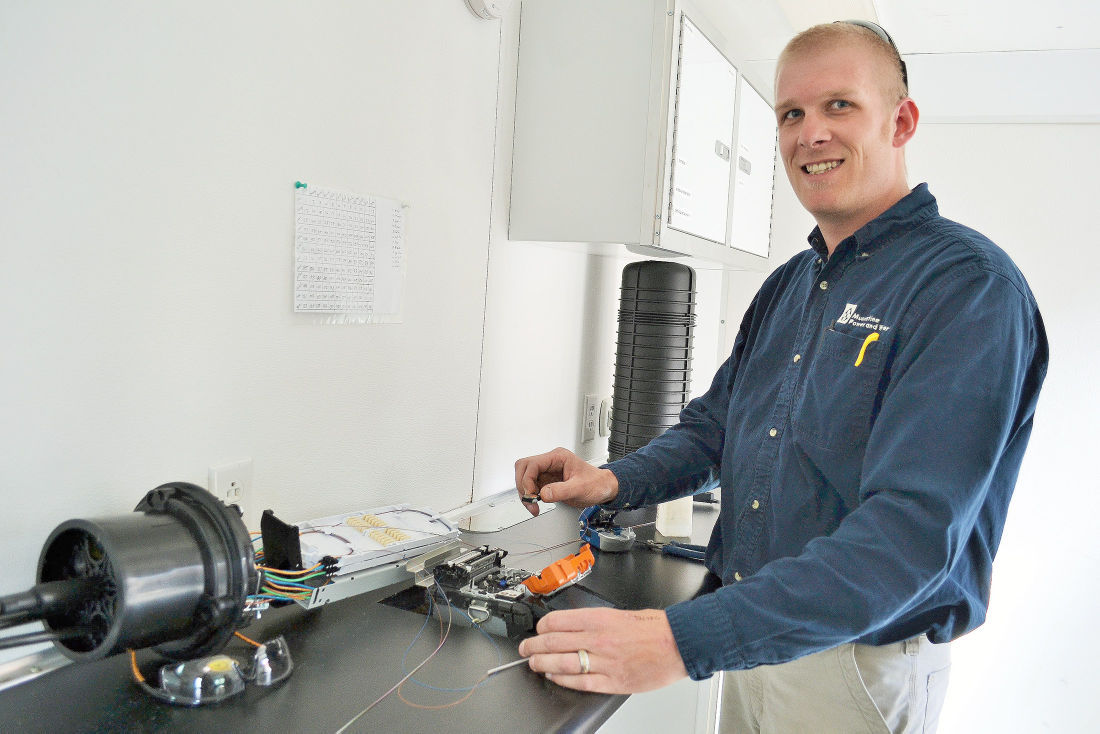From watching Netflix to building a business to conducting cutting-edge research, we don’t just need technology to be successful — we need it to be fast. That’s why the city of Santa Cruz, Calif., has recently formed a partnership that will use fiber-like wireless technology to deliver gigabit-class-level Internet speeds throughout the city.
This innovative fiber-like wireless technology makes the project, made possible through a partnership among the city, Siklu Communication Ltd. and local Internet service provider Cruzio,the first of its kind in the United States. The tech is composed of a Siklu millimeter wave radio attached to Cruzio’s existing fiber. Continue reading










